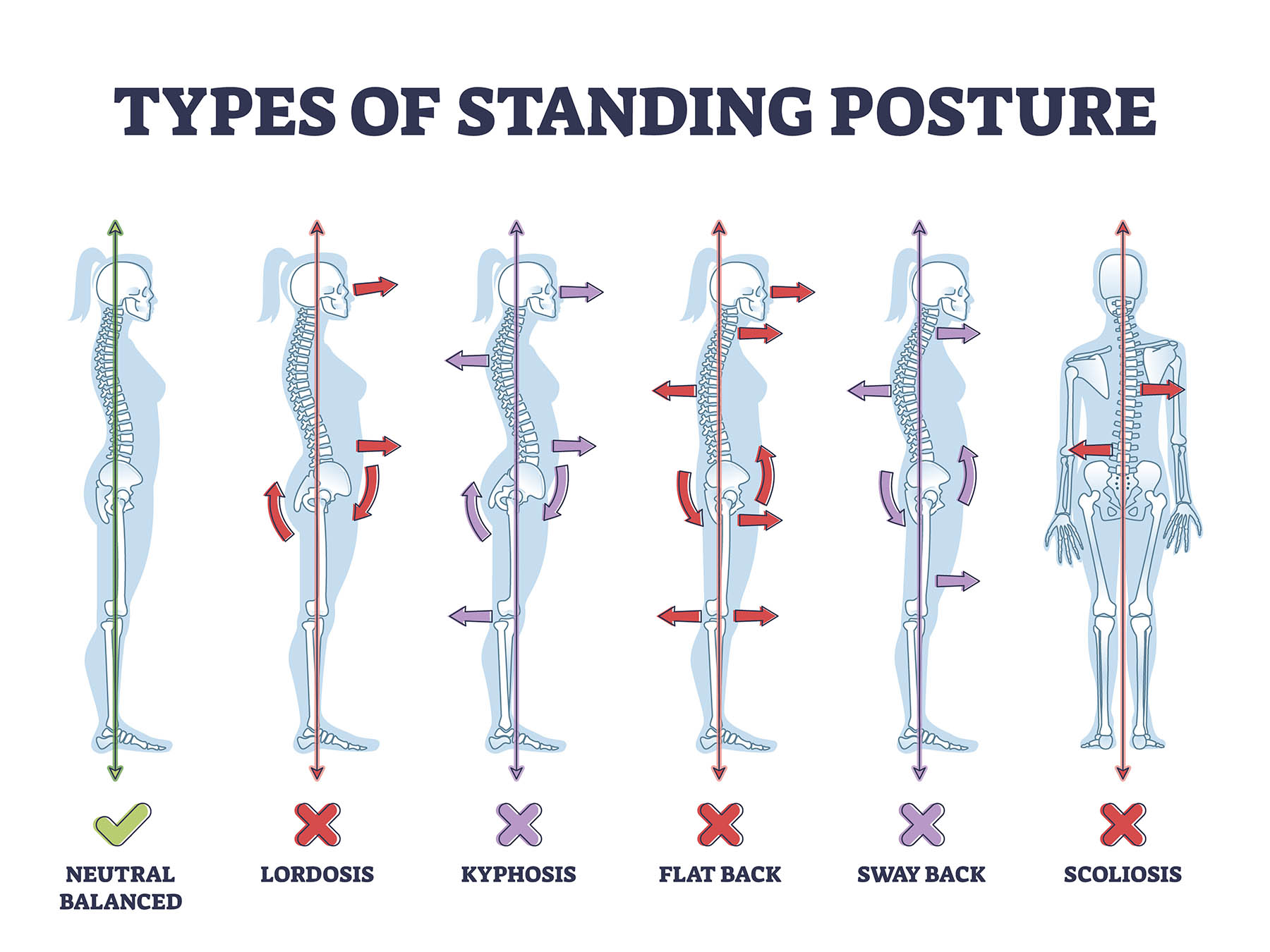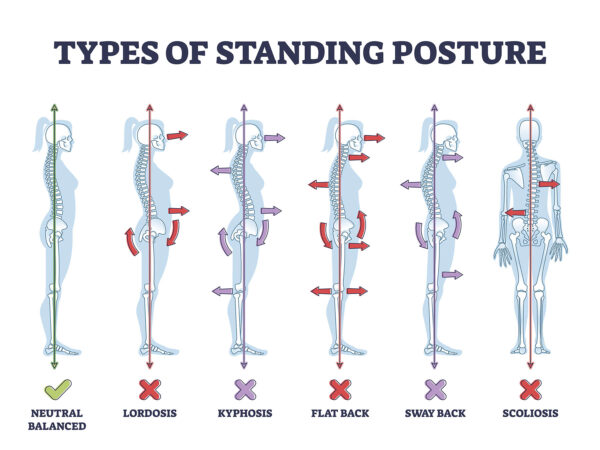Unraveling the Science of BCAAs
Branched-Chain Amino Acids, commonly known as BCAAs, are a group of three essential amino acids: leucine, isoleucine, and valine. These amino acids are termed ‘branched-chain’ due to their chemical structure which sets them apart from other amino acids. Essential for human life, they must be obtained through diet as the body cannot synthesize them.
The Crucial Trio: Leucine, Isoleucine, and Valine
Distinct Roles of Each BCAA:
- Leucine: Often considered the most critical BCAA for muscle building, leucine plays a key role in protein synthesis and muscle repair. It acts as a trigger for the anabolic processes that lead to muscle growth.
- Isoleucine: This BCAA is known for its role in muscle metabolism and is heavily concentrated in muscle tissue. It’s important for immune function, hemoglobin production, and energy regulation.
- Valine: While less researched, valine is essential for muscle fiber firing, tissue repair, and maintaining proper nitrogen balance in the body.
BCAAs and Muscle Protein Synthesis
The Anabolic Effect:
- Stimulating Muscle Growth: BCAAs, particularly leucine, activate pathways in the body that stimulate muscle protein synthesis, the process of building new muscle tissue.
- Enhancing Recovery: By increasing protein synthesis and reducing protein breakdown, BCAAs can speed up recovery from muscle damage post-exercise.
- Preventing Muscle Wasting: BCAAs can help prevent muscle wasting or breakdown, making them crucial not just for athletes but also for those in catabolic states due to illness or aging.
BCAAs for Athletic Performance and Endurance
Boosting Athletic Capabilities:
- Reducing Fatigue: BCAAs can help reduce physical and mental fatigue during exercise. They compete with the amino acid tryptophan for entry into the brain, where tryptophan is converted to the fatigue-inducing neurotransmitter serotonin.
- Energy Production: During prolonged exercise, BCAAs can serve as an energy source for muscles, particularly when carbohydrate stores are depleted.
- Enhancing Endurance: By reducing the onset of fatigue and supporting energy production, BCAAs can enhance endurance performance.
Dietary Sources and Supplementation of BCAAs
Meeting BCAA Requirements:
- Rich Food Sources: High-protein foods like meat, poultry, fish, dairy products, eggs, and plant-based proteins such as beans, lentils, nuts, and soy products are excellent sources of BCAAs.
- BCAA Supplements: These supplements are popular among athletes and bodybuilders. They come in various forms, including powders, capsules, and drinks.
- Supplementation Timing: Consuming BCAAs before or after workouts can be beneficial for muscle growth and recovery. However, the optimal timing can vary based on individual workout routines and dietary patterns.
Considerations and Possible Side Effects
Responsible Usage:
- Moderation is Key: While BCAAs are generally considered safe, excessive supplementation can lead to an imbalance in amino acid levels and potential health issues.
- Individual Needs: The requirement for BCAAs can vary based on factors like exercise intensity, total protein intake, and individual metabolic rates.
- Consultation with Healthcare Professionals: Before starting any supplement regimen, it’s advisable to consult with a healthcare provider, particularly for individuals with preexisting health conditions.
In conclusion, Branched-Chain Amino Acids play a significant role in muscle development, recovery, and overall athletic performance. Understanding their functions and effectively incorporating them into your diet, whether through food or supplements, can greatly enhance fitness outcomes. As with any nutritional strategy, personalization and balance are key to harnessing the full benefits of BCAAs.







